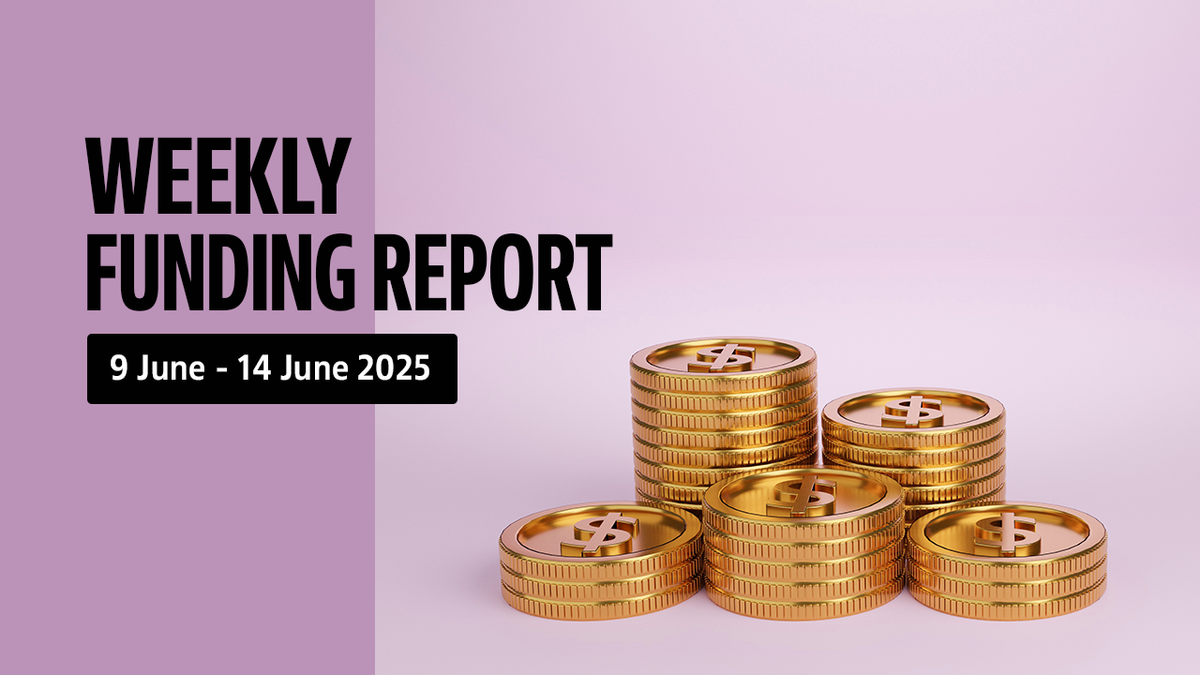Over the past nine years, the Indian startup ecosystem has achieved significant progress, establishing itself as the third-largest ecosystem globally. This transformation began with the Startup India initiative, launched on January 16, 2016, which focuses on shifting India from being a nation of job seekers to one of job creators. According to YourStory Research, Indian startups have raised approximately $131 billion in funding, positioning the country as an innovation leader.
Since 2016, Indian startups have consistently attracted over $10 billion in funding annually. In 2016, total funding reached $3.8 billion, which saw a remarkable increase to $13.5 billion in 2017. This surge was primarily driven by SoftBank’s substantial investments in companies such as Flipkart, Ola, Paytm, and OYO, among others.
Another notable development in the past nine years is the surge in the number of investments. Since 2021, the yearly average number of deals has exceeded 1,000, an improvement from the previous four years, which averaged around 800 deals annually.
The funding landscape for Indian startups has experienced fluctuations. The peak funding reached $32 billion in 2021 but never dipped below $10 billion, with the exception of 2020, when the pandemic caused a decline to $9.9 billion.
Data from the Department for Promotion of Industry and Internal Trade (DPIIT) indicates that the number of recognised startups has surpassed 100,000. In 2016, there were 30,000 recognised startups, which grew to 125,000 as of March 31, 2024.
Although the presence of startups is primarily concentrated in the major metropolitan areas, their influence has expanded to Tier II and III cities. According to DPIIT, more than 670 districts across the nation host at least one startup.
The Startup India portal reports that this thriving ecosystem has generated over 1.24 million jobs. Additionally, the Indian government has initiated funding schemes to bolster startups, with the Fund of Funds Scheme, managed by SIDBI, being a key example. This scheme has allocated Rs 10,805 crore to alternate investment funds (AIFs), which subsequently invested Rs 18,000 crore into 1,030 startups.
Throughout the past nine years, the Indian startup ecosystem has witnessed the emergence of over 100 unicorns, defined as startups valued at $1 billion and above. However, momentum within the ecosystem has slowed over the past year.
Nevertheless, this setback has been compensated by another significant milestone, as many startups transitioned to publicly listed companies. The year witnessed 13 startups being listed on the Indian stock exchanges.







